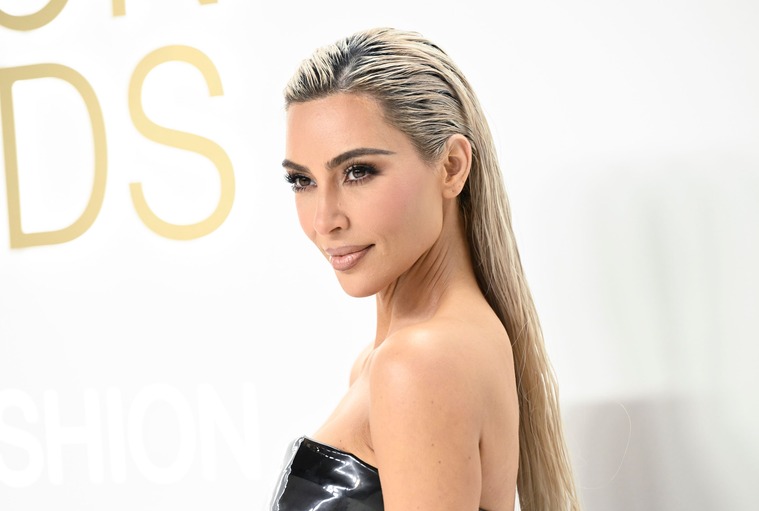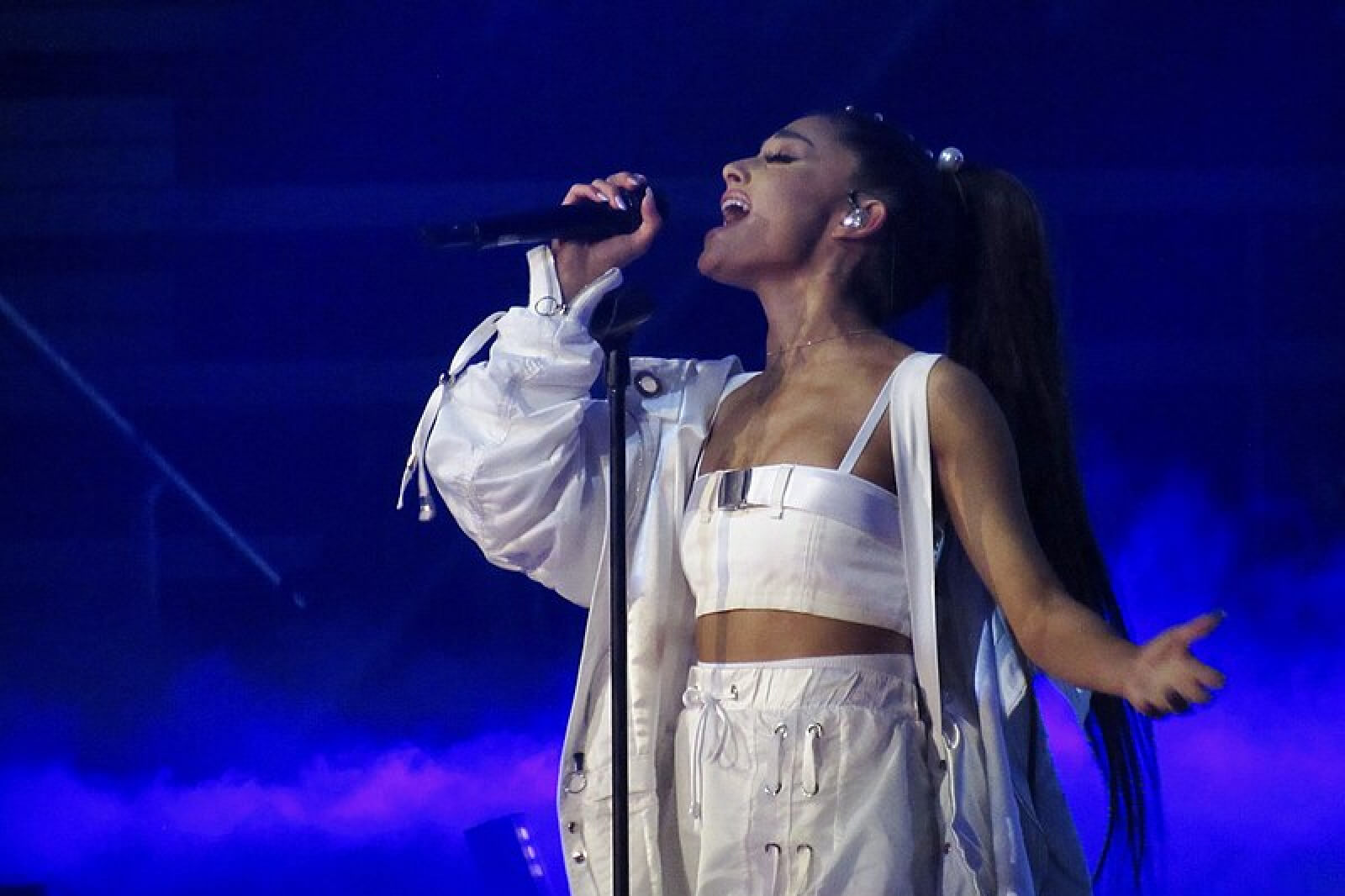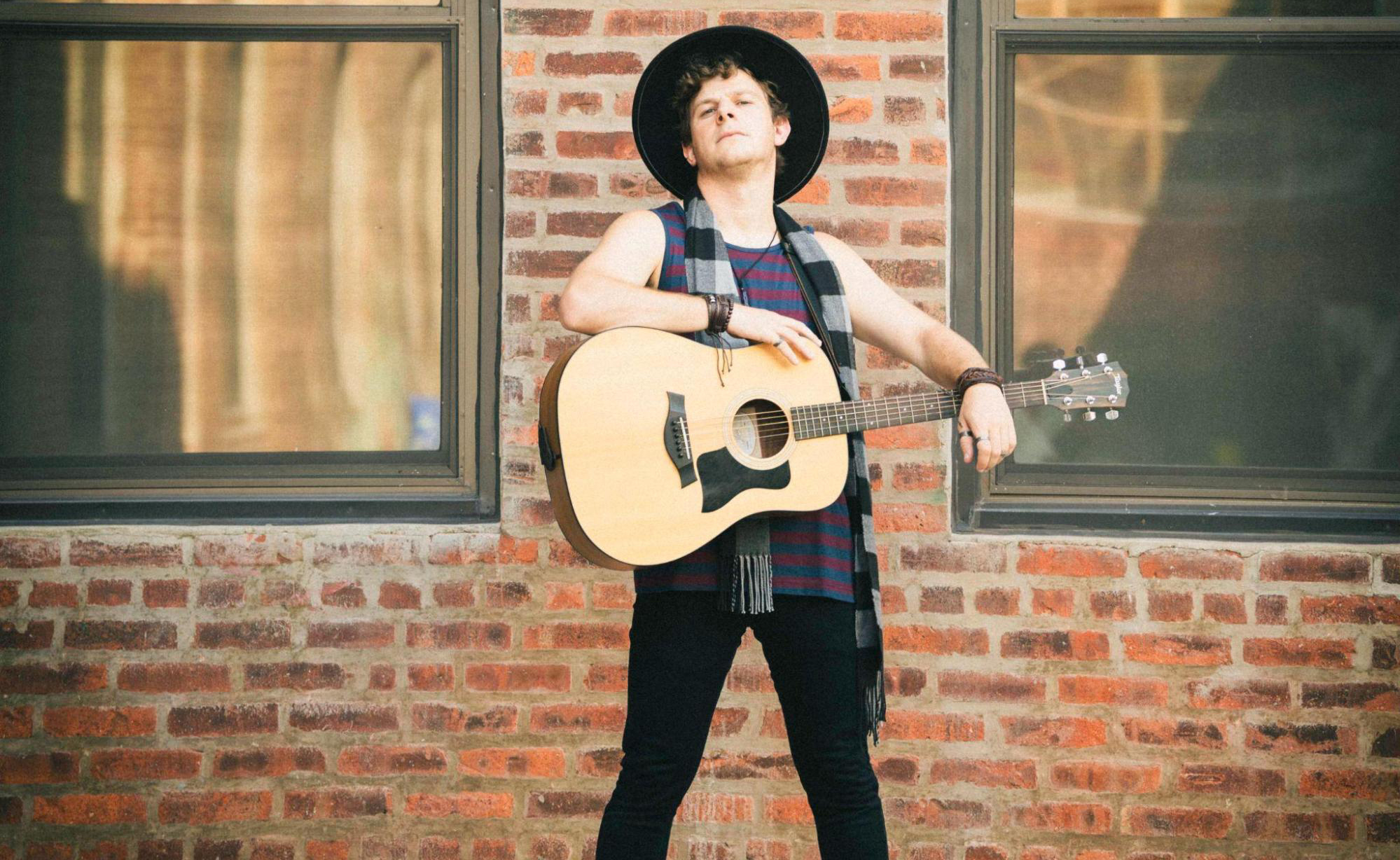CULTURE
The End of an Era: “Keeping Up with the Kardashians” Just Ended. But Will We Be Free?
11 Jun, 21

It’s the end of an era, and oh how times have changed.
Keeping Up with the Kardashians, the global sensation which turned the Kardashian family from just another rich family in Los Angeles — on the peripheries of public consciousness for Robert Kardashian’s role in the OJ Simpson case and maybe for Kim’s friendship with Paris Hilton — into household names and, whether we like it or not, a dominant collective force of cultural influence.
“KUWTK” Farewell Season Begins March 18 on E! | E!www.youtube.com
The family is getting another show on Hulu very soon, so no need to cry or rejoice, depending on whether or not you own a Kylie Lip Kit; the show must go on. However, the original series aired for 20 seasons over 14 years, so its ending signals the end of an era like no other.
When the show first began, it was unclear who would watch it and how long it would last. Clearly, it was opportunistic navel-gazing at its finest, but most people — let alone the Kardashians — didn’t take it seriously.
The Beginning
The family rose to fame after Kim Kardashian’s now-infamous sex tape with Ray Jay was leaked without her permission, launching her into the eye of a brutal news storm of slut-shaming and misogyny.
However, instead of flinching away from the attention, Kim Kardashian used the media fascination to pioneer the Kardashian brand. Cue some now-notoriously sinister Kris Jenner momager action, and suddenly there was a reality show and the world was their stage.
Though Ray Jay has become a forgettable footnote in the Kardashian story, it seems hard to believe that this is how it all started. Now, with more mainstream conversation about destigmatizing and legalizing sex work, and the #MeToo movement putting the emphasis on the people and structures who abuse power, rather than shaming the victims of said abuse, their origin story is almost hard to fathom.
However, considering the era into which they emerged — especially in the light of Framing Britney Spears, which exposed how ruthless and unforgiving the press and media were before the age of social media and shifted journalism norms — it is commendable how the Kardashians emerged from the media speculation with a show, a brand, and a chance to become household names.
No one could have predicted just how big the family would get. In 14 years, the already-wealthy family acquired unfathomable amounts of money and fame and each defined themselves and their brand separately.
However, despite many media outlets attempting to girlbossify their story and praise the family as the pinnacle of female success, entrepreneurship, and even empowerment, what the Kardashian family’s dominance reveals are the fickle morals of popular culture and the power of controversy — despite its deeper implications.
The patriarchy loves to find reasons to level unfair criticisms at the Kar-Jenners for their dating and sexual lives — but all that talk is just distraction. What’s egregious about the Kardashian empire is how they have consistently monetized “controversy” as their brand, despite the repercussions on marginalized groups.
Though their first “controversy” of the sex tape is what propelled them to fame, the Kardashian brand was quickly established as a spectacle of navel-gazing, a Lifestyles of the Rich and Famous-style peek into their privileged lives. Suddenly, they were aspirational, and we were supposed to want to “keep up with” them, as the show’s name suggested.
However, for a while, Kar-jenners still weren’t taken seriously as part of the upper echelon of society. They were celebrities on a technicality — reality stars who would fade into obscurity, most people thought.
After 20 seasons, countless spinoffs, celebrity entanglements, and Kim Kardahsian’s infamous 72-day marriage to Kris Humphries (the only PR couple which could hold a candle to the exhaustingfarce of Shawnmila), everything changed when Kim Kardashian and Kanye West got together.
The KimYe Era Changed Everything
Not to attribute her whole career to a man, but Kanye, with an expert mix of taste and timing, transformed Kim Kardashian’s brand from an indistinct casualty of 2000s fashion into the muted, “iconic” style she is known for today.
And thus a new era of the Kardashian family had begun, the era which would be a cultural reset for us all.
If I were to pin an exact moment to said new era, it would be the moment that Vogue, the pinnacle of American fashion and style, announced that Kanye West and Kim Kardashian’s wedding would be featured in the magazine and the two would appear on the September cover.
The fashion industry was livid. At the time, Kim Kardashian was still just a reality TV star and Kanye just a rapper. But 2014 was the beginning of the cultural shift which would center a completely new kind of mainstream. Anna Wintour has since defended that cover, but hindsight tells us that she was at the zeitgeist, predicting what the new era of fashion and culture would look like and who would be its stars.
“This cover was a deeply controversial cover,” she said in her Masterclass trailer. “But Kim and Kanye were a part of the conversation of the day. And for Vogue not to recognize that would have been a big misstep. You are leading, not following — and that’s a very important lesson to always keep in your mind.”
2014 was a transformative year for the culture. It birthed new fascination with Black culture in an unprecedentedly mainstream way. The 90s had pioneered “multiculturalism” and the myth of the post-racial society, which saw “diversity” but not inclusion, as non-white people and cultures were still decidedly othered from the mainstream. The early 2000s saw hip-hop move further into the mainstream, but still with an element of spectacle attached and a clear separation between hip-hop music and culture with the actual mainstream.
But things were changing by the 2010s. More and more rap hits were playing on pop radio, celebrity culture was transforming in the wake of social media, and in response, so were we. According to The Guardian, 2013 was “a golden year for hip hop” in which “it became impossible, this year, to talk about popular culture without also talking about hip-hop.”
The marriage of KimYe was also a marriage of pop culture and hip hop, and it started them on a trajectory which would transform style, beauty standards, and social media norms.
In the past seven years, the Kardashians have become the arbiters of beauty standards and have monetized their celebrity and social media impact — Kim’s makeup and clothing lines, Kourtney’s goop-esque lifestyle brand “Poosh,” Khloe’s Revenge Body brand, Kendall’s cool-girl Tequila, and the empire Kylie built after getting lip fillers that changed her life.
No Babe, Not the Cultural Appropriation
However, behind the billions of dollars the family has collectively amassed is a habit of profiting from the aesthetics of marginalized groups. The Kardashians are now almost synonymous with the “slim thick” aesthetic, which is now the desired body type, according to Instagram and, like, FashionNova ads.
The Kardashians have also been credited for popularizing big lips in the mainstream with their shameless fillers to get their enhanced pouts. Less than a decade ago, plastic surgery was a taboo topic of speculation, but the culture has shifted to more shameless body modification and the normalization of treatments like lip fillers in the mainstream.
Is this Kylie Jenner dressed up as Khloe Kardashian dressed up as Beyoncu00e9?https://twitter.com/KylieJenner/status/1235718618316337153u00a0u2026— Globethotter ud83cudf0d (@Globethotter ud83cudf0d) 1583457512
However, so many of these aesthetic “choices” that are so praised on the Kardashians have made Black people, especially Black women, the object of mockery, humiliation, and even historical subjugation — from racist caricatures to stereotypes that deem Black women undesirable — anything but the exaltation and profit that the Kardashians receive for adopting those features.
Controversy = Cash
But this is not incidental — it’s part of their brand. The Kar-Jenners associate themselves with predominantly Black celebrities for clout, often joke about dating mostly “rappers and hoopers,” and profit socially from their proximity to the “cool” cultural trappings of celebrity Blackness while literally profiting from their appropriation of the same cultures.
Many of their scandals have been accusations of cultural appropriation and even Blackfishing: Kim Kardashian’s “boxer braids” (they’re just cornrows), Kylie’s entire aesthetic, and recently even Kendall Jenner’s tequila.
And while most celebrities don’t face repercussions for getting “canceled,” the Kardahsians more than most thrive off the controversy — any press is good press, especially when you’re a reality star. Often, the family won’t address issues they’re embroiled in until the next season of the show premieres, then you can cue the teary excuses prominently featured in the trailers to garner more viewers.
‘KUWTK’: Kendall Jenner Tearfully Apologizes for Pepsi Commercial: ‘I Genuinely Feel Like S**t’www.youtube.com
The Kar-Jenners also proliferate a lot of harmful imagery and habits in exchange for profit. Waist trainers, diet teas, and extreme levels of photoshop are common features on Kar-Jenner Instagram posts, participating, and in some ways pioneering, a culture of body dysmorphia based on an illusion. While the Kar-Jenners are certainly not responsible for the body image issues of their followers and the rampant rise of social-media induced anxiety, they certainly contribute to it. And since speaking out would risk their cash potential, it keeps going.
But at what cost?
The ending of Keeping Up with the Kardashians may be the end of one era, but it in no way diminishes their fame or their impact — the show didn’t end because their influence is dwindling, but more like because they have outgrown it.
The new era of the Kar-Jenners promises even more success, as they have managed to keep the eyes of the world on them for 14 years and even transform their reputations to become one of the most powerful families in the world — though partly at the expense of marginalized and vulnerable folks.
And since there is no end in sight for this, all we can do is brace ourselves and continue to critique the institution that allows them to keep going, not just unscathed but bolstered by their offensive transgressions. I vote we all just turn away, close our eyes, unfollow and block, and stop engaging with them. Because wouldn’t it be hilarious — if the Kar-Jenners woke up one day to find that everyone had stopped paying attention?














